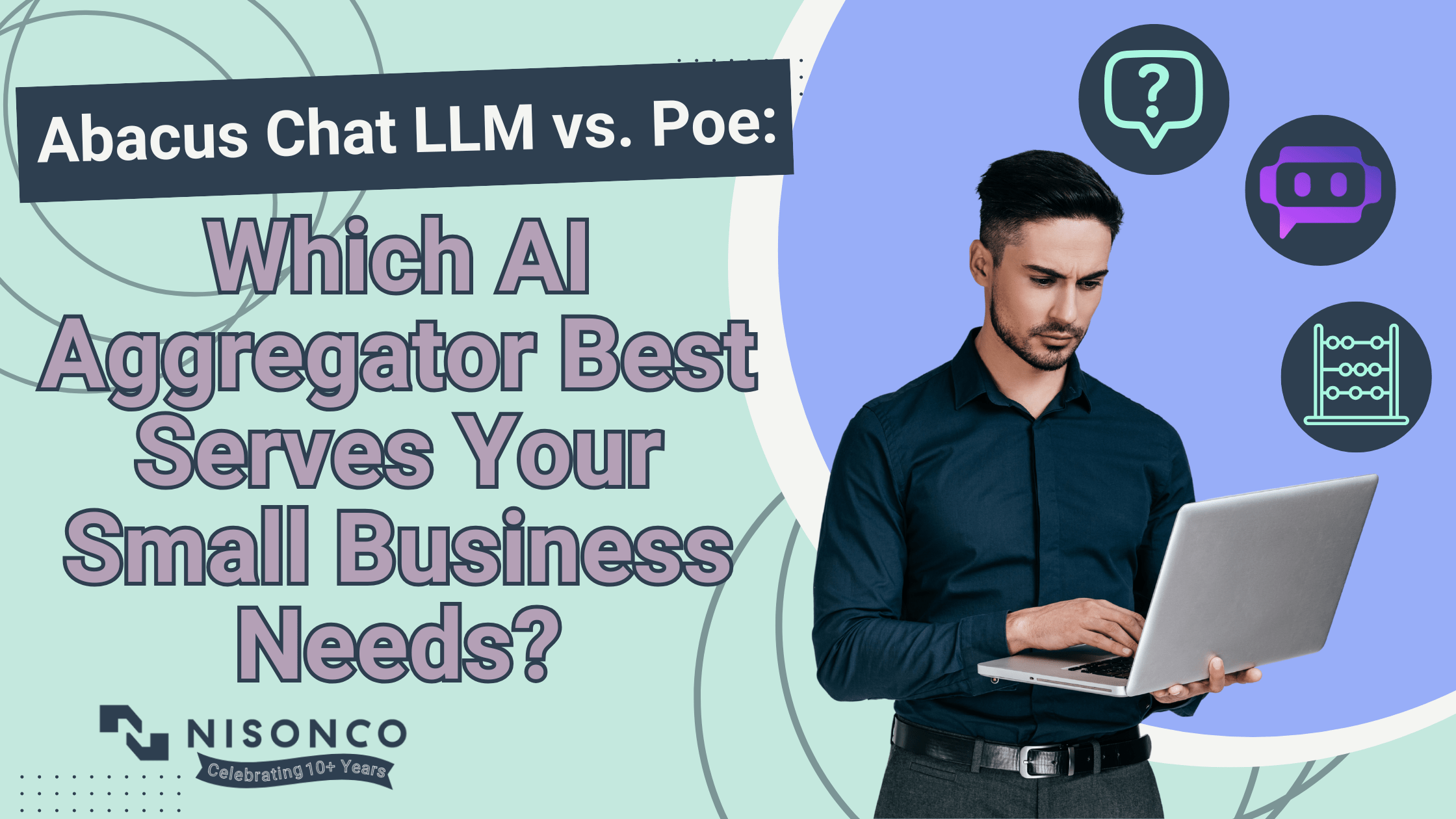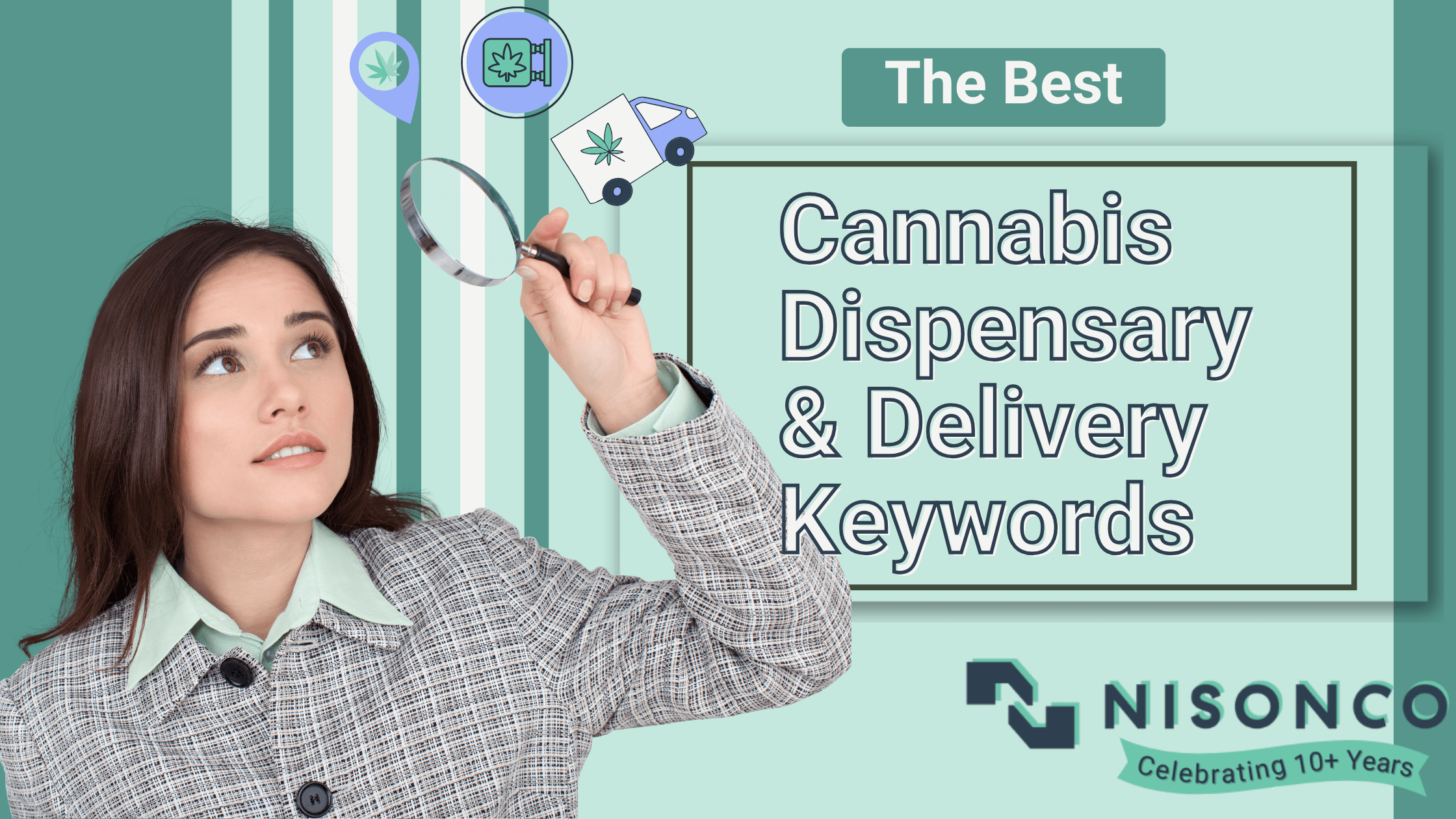What Are Abacus Chat LLM and Poe AI Aggregator Platforms?
Abacus Chat LLM positions itself as an “all-in-one AI super assistant” designed for professionals, students, and small business teams. It consolidates access to top language models like GPT-4o, Claude Sonnet, and Gemini, along with unique features including AI Engineer (for building custom agents) and AppLLM (for creating simple web applications). Their ability to quickly add cutting-edge features (such as their versions of operator, deep research, and scheduled tasks) has impressed many business users.
Poe, developed by Quora, functions primarily as a versatile AI aggregator, providing access to a wide array of LLMs and specialized generative tools alongside a vast ecosystem of user-created custom bots. It excels in user-friendliness and makes creating custom chatbots highly accessible to non-technical users. As the best LLM aggregator for certain use cases, Poe particularly shines when you need broad model variety and experimentation.
Best AI Aggregator for Small Business Teams: Core Features Comparison
Both platforms offer essential AI capabilities, but with different strengths and limitations that matter for small business operations:
Access Chat GPT and Claude in One Subscription
Abacus Chat LLM: Provides a curated selection of top-tier LLMs, including models from OpenAI (GPT-4o), Anthropic (Sonnet 3.5, 3.7), Google (Gemini), and others. The Abacus LLM platform aims to integrate new leading models quickly as they become available, making it attractive for businesses that want immediate access to the latest AI capabilities.
Poe LLM: Offers a broader, more diverse catalog of models from major AI providers plus numerous specialized multimedia generation models (Runway, DALL-E, Stable Diffusion) and access to over a million user-created custom bots. This makes Poe AI particularly valuable for teams that need experimental access to emerging models.
Standard Capabilities
Both platforms cover essential AI functions including web search, document interaction, image generation, video creation, coding assistance, and data analysis. However, Abacus appears to offer more specialized, integrated coding tools while Poe emphasizes its vast ecosystem of community bots.
Abacus Chat LLM Pricing vs Poe: Cost Comparison
Abacus Chat LLM: The base price is $10 per user per month with 2 million compute points included and some models available for unlimited use. A significant advantage: unused points roll over to the next month, making it more budget-friendly for businesses with variable usage patterns.
Poe: Uses a tiered subscription model ($0 free tier, ~$5, ~$20 plans) with varying compute point allocations. Unlike Abacus, points typically reset daily or monthly without rolling over, which can lead to wasted compute resources during slower periods.
At NisonCo, we’ve found value in both platforms for different purposes—Abacus for its integrated tools and Poe for its model variety and easy bot creation. As a public relations and SEO agency specializing in emerging industries, we’re always looking for tools that can enhance our client services.
How to Build Custom AI Agents Without Coding: Workflow Automation for Small Businesses
The ability to create custom tools tailored to specific business needs is where both platforms truly shine for small businesses. Employees can create custom workflows leveraging the strong points of each model without requiring extensive technical knowledge.
Abacus AI Engineer
Abacus offers AI Engineer for creating both custom chatbots and more complex AI agents. It works by taking user instructions and generating the underlying code to build the desired application. The tool makes a distinction between conversational chatbots (for support or Q&A) and AI agents (for automating multi-step processes or integrating with external systems).
We’ve leveraged AI Engineer to create custom workflows to automate repetitive tasks that previously consumed valuable team time. For instance, our team created an agent that helps analyze blogs based on Google’s E-E-A-T guidelines. This demonstrates how even non-developers can build sophisticated automation tools that improve content quality and save hours of manual review time.
Poe’s Bot Creation
Poe focuses on bot creation within its platform ecosystem through several pathways:
Prompt Bots: The most accessible option, requiring no coding. Users define the bot’s behavior using natural language prompts, select a base model, and can optionally provide a Knowledge Base of uploaded documents.
Server Bots: For more complex logic, Server Bots require custom backend code that processes user messages. These can call other Poe bots for free.
Canvas Apps: Graphical user interfaces embedded within Poe as web applications. Poe offers an “App Creator” bot to help users build these without writing code, making it easier to create simple web apps with AI assistance.
Our content marketing team has created several bots to help us test messaging, such as simulated discussions with different target demographics. This proves particularly valuable for regulated industries where message testing is critical before public launch.
Which AI Platform Better Serves Small Business Needs?
Based on our experience using both platforms at NisonCo, here’s how they compare for key small business considerations:
Ease of Use
Poe generally provides a more intuitive user experience and significantly lower barrier to entry for creating simple custom bots. The platform is designed for ease of access, making it ideal for teams with varying technical abilities.
Abacus offers potentially more powerful integrated tools but comes with a steeper learning curve. Our more technically inclined team members appreciate the depth of Abacus, which is why we use it more as a company.
Integration with Business Tools
Abacus highlights direct integrations with common collaboration tools (Slack, Teams, Google Drive) and potential CRM connections through its AI agents. The focus is on built-in connectors for widely used enterprise software, which streamlines deployment.
Poe takes a more API-centric approach, relying on its API and platforms like Zapier for broader connectivity. This offers flexibility to connect to a wider range of tools but requires more configuration effort.
Value for Small Business Budgets
For cost-conscious small businesses, Abacus initially appears more attractive with its $10 base plan and generous point allocation with rollover. However, the compute point system makes true cost predictability challenging for teams with highly variable usage.
Poe’s tiered approach allows businesses to start with a free tier and scale up as needed, though potential point consumption for premium models can lead to unexpected costs. According to recent unified LLM interface comparisons, both platforms offer competitive pricing relative to subscribing to individual AI services separately.
How We Use Both Platforms at NisonCo
At NisonCo, we’ve extensively tested both platforms to understand their strengths and limitations. After careful evaluation, we’ve opted for Abacus Chat LLM as our primary AI solution, though we continue to monitor and reassess both platforms as they evolve.
We still maintain access to Poe for specific use cases where its strengths shine—particularly for the app maker tool and when we need to experiment with emerging models not yet available on Abacus.
Both platforms offer compelling advantages, and we view them both as worth trying. What works best for your business may differ based on your specific needs, team structure, and technical capabilities. We’re constantly re-evaluating both platforms as they add new features and adjust their pricing models, ensuring we’re leveraging the most effective AI tools available for our client work.
Our Recommendations for Choosing the Best LLM Aggregator
For small businesses considering these platforms, we recommend:
If your priority is ease of use and simple bot creation, Poe stands out with its intuitive interface and straightforward Prompt Bot creation process.
If you need maximum model variety and experimentation, Poe offers access to the widest selection of AI models and a vast ecosystem of community bots.
If you want the most up-to-date official models, Abacus will likely be your best fit.
If your focus is advanced workflow automation (and you have some technical capacity), Abacus’s AI Engineer may offer more integrated power for enterprise-grade AI aggregator needs.
Many businesses, like ours, may benefit from using both platforms for different departments or purposes. Poe’s free tier allows for exploration before committing to a paid subscription.
Ready to Integrate AI Into Your Business?
AI tools like Abacus Chat LLM and Poe represent a significant opportunity for small businesses to leverage cutting-edge technology without enterprise-level resources. The right platform depends on your specific needs, technical capabilities, and budget.
At NisonCo, we’ve helped numerous clients implement AI strategies that boost productivity and marketing effectiveness. Our experience in specialized markets gives us unique insight into which AI approaches work best for regulated industries.
Contact NisonCo today for a personalized consultation on implementing AI tools that align with your business goals. Whether you need help setting up custom AI workflows, training industry-specific bots, or integrating AI aggregators into your existing tech stack, our team can guide you through the process and help you maximize your return on AI investment.
For more insights on using AI effectively in your marketing strategy, check out our article on AI Use Cases for Cannabis Marketing.



